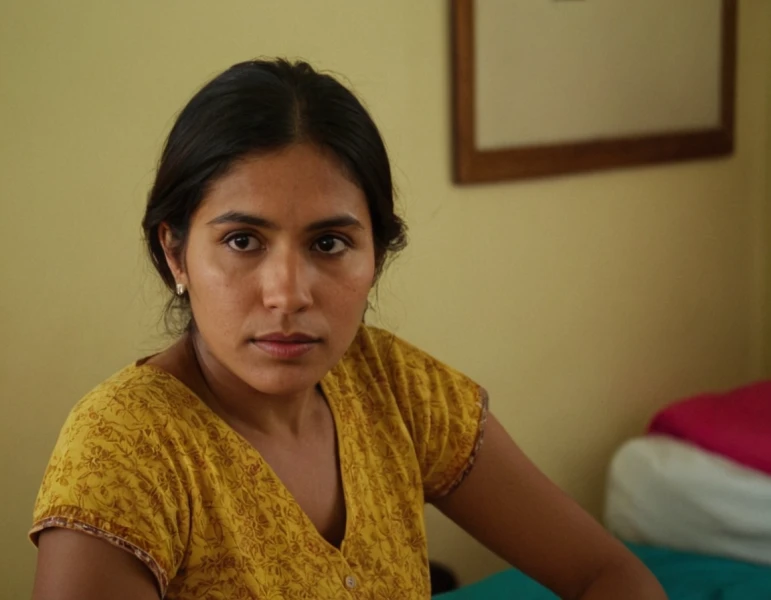Educa UNIVERSITY|HEALTH
Health Problems in Piura: A Personal Experience
Related Masters
Health Problems in Piura: A Personal Experience
Hello, I'm Pablo García, and today I want to talk to you about something that affects Piura, my homeland, like a silent virus: public health problems. Throughout my years, I have seen how health challenges have evolved, leaving deep marks on our people. From dengue to child malnutrition, these problems are as real as the midday heat in Catacaos.
Ready to find out what's going on in Piura and how we can tackle it? Let's get started!

Dengue: A Recurring Enemy
In Piura, dengue is not an occasional guest, it is a permanent resident. This 2024, the region recorded one of the most aggressive outbreaks in the country, with hospitals on the verge of collapse.The problem? A combination of lack of prevention and climate change, which transforms our homes into perfect breeding grounds for mosquitoes.
Did you know that only 45% of health centers in Piura operate more than 12 hours a day?
That's right, when care is needed most, the system's capacity leaves us short.
The government is implementing vaccination campaigns, but coverage remains insufficient to protect the most vulnerable: young children and the elderly. As someone who suffered from dengue fever a few years ago, I can tell you that the pain is not only physical; it is also the fear of what could happen if things get worse.
Child Malnutrition: A Problem We Cannot Ignore
Have you stopped to think about the malnutrition figures in Piura? About 15,000 children suffer from chronic malnutrition, which represents 17.4% of children in the region. That is like filling half of the Miguel Grau stadium with children who do not have access to adequate food.
What causes this problem?
- Lack of food education: Many families rely on myths such as "a glass of milk is enough for the whole day".
- Limited access to nutritious food: In rural areas, poverty restricts choices to low-quality diets.
From my experience working in rural communities, I know that parents often do the best they can with what they have. But the solution involves nutritional education and policies that ensure affordable staple foods.
Water Crisis and Sanitation: More than a Water Problem
Imagine turning on the tap and finding that the water that comes out is not fit for human consumption. For many in Piura, this is the daily reality. According to the Comptroller's Office, chlorination systems are obsolete or poorly maintained, leaving millions of people exposed to diseases such as diarrhea and gastrointestinal infections.
And sanitation? In Piura, the lack of access to potable water directly affects our health, especially in agricultural areas that depend on this resource to survive. During the last droughts, I saw entire communities walk kilometers just to fill a bucket of water. How can we think of progress if we cannot even guarantee the most basic of things?
Mental Health: An Invisibilized Crisis
One of the most ignored problems in our region is mental health. According to recent data, 4 out of 10 Piurans face problems such as anxiety or depression, often aggravated by poverty and insecurity.
The lack of access to specialized services causes many people to suffer in silence. I remember a neighbor who lost her husband during the pandemic and received no psychological help. Today, she lives in isolation, trapped in a cycle of sadness that could have been prevented with the right support.
What Can We Do?
Health problems in Piura are complex, but not impossible to solve. Here are some ideas that I consider key:
- Preventive education: From workshops in schools to campaigns in social networks, education can transform behaviors.
- Investments in health infrastructure: We need hospitals that work 100%, with trained staff and 24-hour access.
- Long-term policies: It is not about putting out fires, but about creating a resilient health system.
Conclusion
Health problems in Piura are a reflection of the inequalities that still persist in our society. But we cannot stand idly by. As a Piurano, I know that our people have the strength to face any challenge, but we need the support of everyone: government, businesses and communities.
Faculties
Trainings
The faculties embrace diverse academic disciplines and fields of study, opening doors to new perspectives and exploring different spheres of wisdom in a constantly evolving world.














